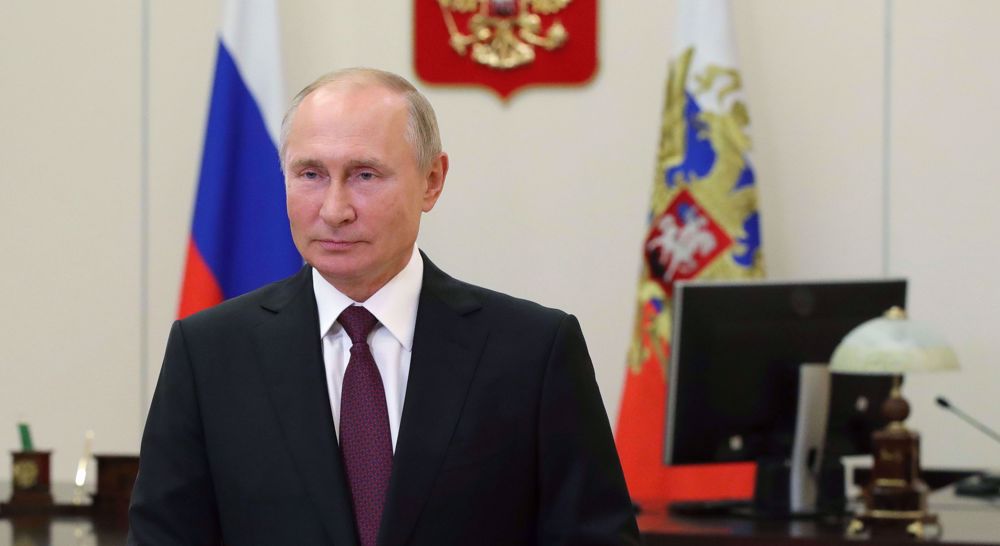US holds off on Belarus sanctions, waiting for EU consensus: Report
The United States has postponed imposing sanctions on Belarus pending consensus by the member states of the European Union (UN) on the introduction of their own punitive measures against Minsk, a report says.
Belarus has been experiencing post-election unrest since the presidential vote on August 9. President Alexander Lukashenko won re-election in that vote, but the opposition rejected the official results and alleged voter fraud. The US and the EU have likewise rejected Lukashenko’s re-election.
Minsk has rejected the allegations of vote-rigging, and Lukashenko has said Western governments seek to destabilize the ex-Soviet state.
The EU has compiled a list of around 40 individuals to target with sanctions, claiming that they have been involved in the alleged vote-rigging and crackdown on anti-government protests.
For the sanctions to be implemented, the EU needs unanimous approval from all 27 member states. But Cyprus has refused to offer its vote, insisting that the bloc must extend sanctions on Turkey in an unrelated dispute.
The European bloc hopes that during a two-day summit of heads of state and government scheduled to start in the Belgian capital later on Thursday, Nicosia will be convinced to vote for the anti-Belarus sanctions.
The US, meanwhile, has been holding off on the imposition of its sanctions until the deadlock is broken in the EU and the two sets of sanctions can be imposed simultaneously in a supposed show of coordination.
Last month, George Kent, the US’s deputy assistant secretary of state for European affairs, said Washington had been pressuring Cyprus to allow the European bloc to move forward.
On Wednesday, three unnamed sources told Reuters that the White House had refrained from going ahead with the anti-Belarus sanctions because it believed the EU might achieve unanimity at the upcoming summit, paving the way for coordinated US and EU sanctions.
A source in Washington, also speaking on the condition of anonymity, told Reuters that a US package of sanctions was essentially ready but the timing of the announcement was uncertain.
Britain and Canada have already gone ahead with their own punitive measures against Minsk.
“We expect that it (the summit) will be the tipping point for the decision on sanctions against Belarus authorities,” said Gitanas Nauseda, the president of Lithuania, where Belarus’ main opposition figure, Svetlana Tikhanovskaya, has fled to.
Tikhanovskaya has been rallying Western support for herself. She has already met with French President Emmanuel Macron and some EU officials and is expected to meet with German Chancellor Angela Merkel as well.
‘All wars have rules. All of those rules have been broken’ by Israel
VIDEO | Report flags India’s violation of rights of Rohingya detainees
Turkey's foreign minister meets Syria's de facto leader in Damascus
'Next to impossible' to rescue patients from Gaza's Kamal Adwan Hospital: Director
VIDEO | Vietnam current prosperity
Report blames gasoil exports for shortage at Iranian power plants
VIDEO | Hind Rajab Foundation names Israeli war criminals vacationing after Gaza genocide
VIDEO | Australians rally for Gaza ahead of Christmas festivities















 This makes it easy to access the Press TV website
This makes it easy to access the Press TV website